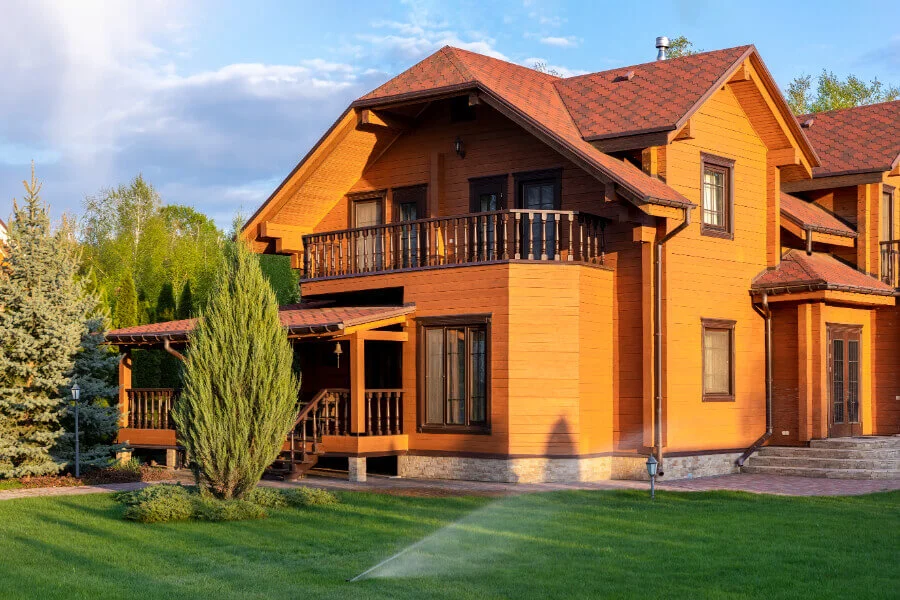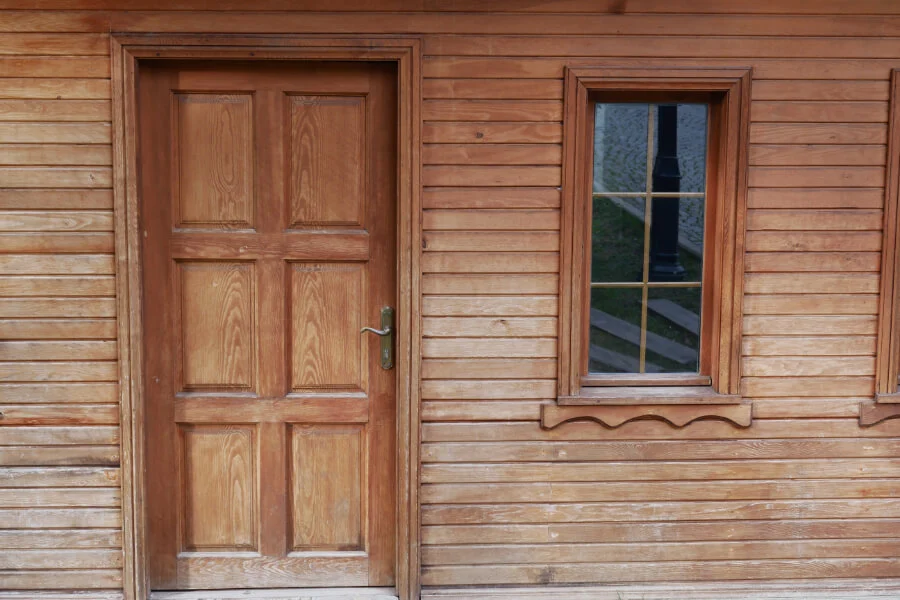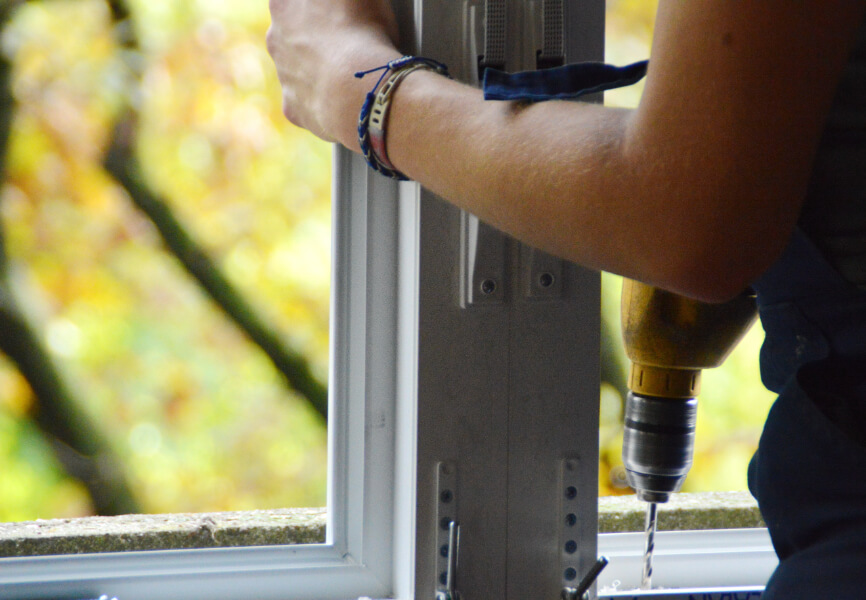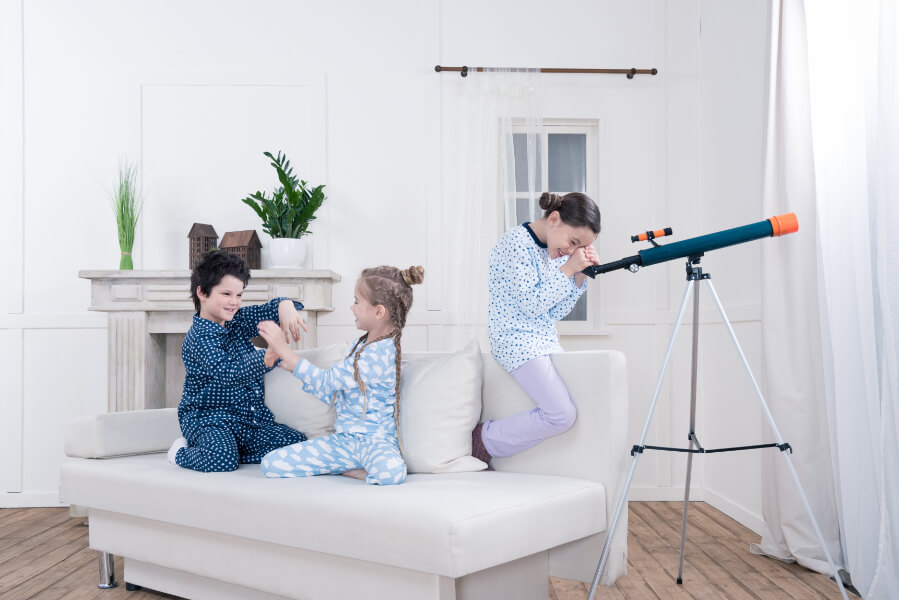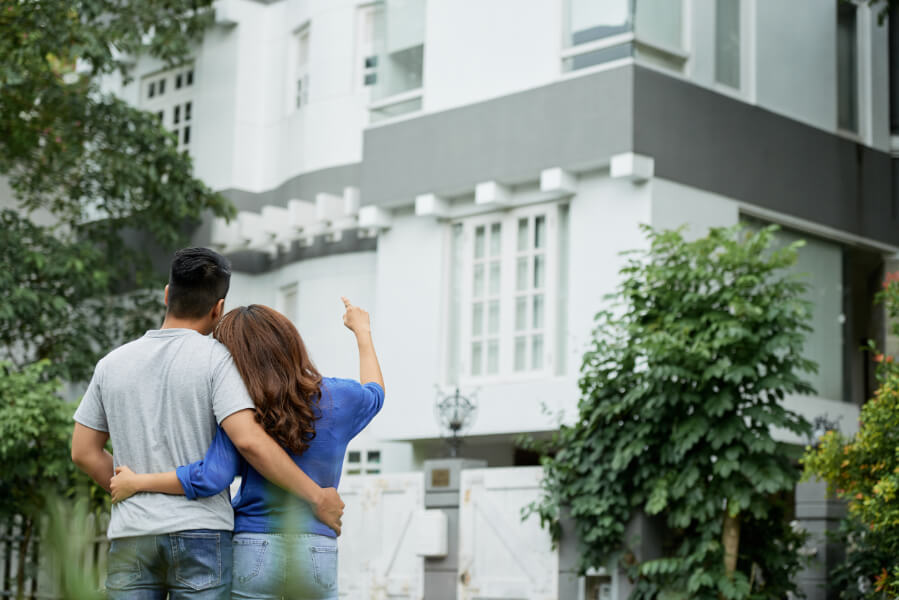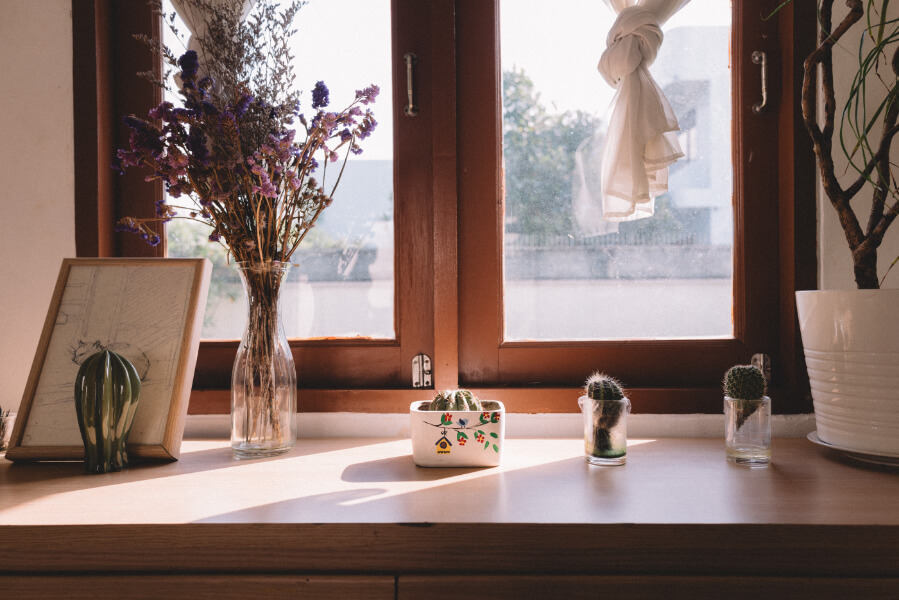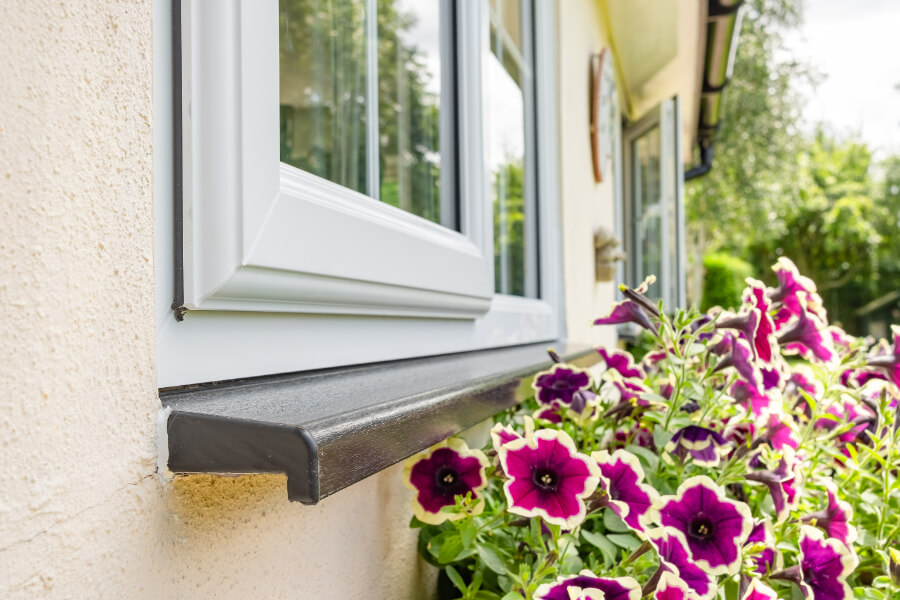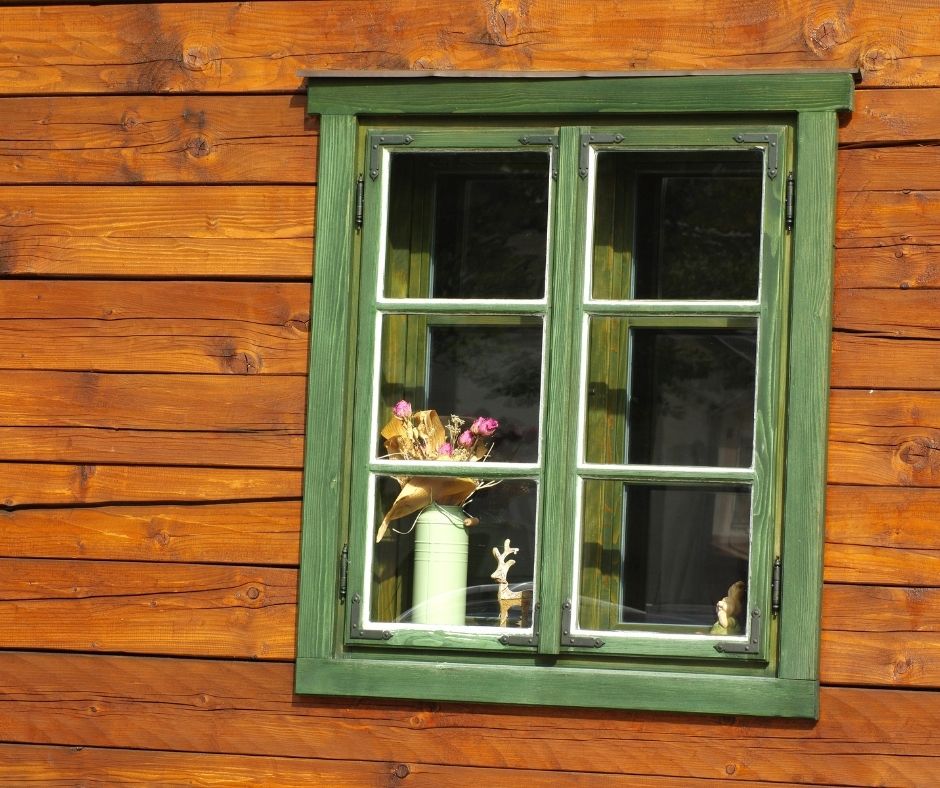The right windows can transform your home’s appearance, improve energy efficiency, and enhance your comfort. However, choosing new windows isn’t a decision to be taken lightly; there are numerous factors to consider before making a choice. In this article, Bayview Windows provides a rundown of the critical aspects you should be aware of when selecting new windows for your Melbourne home.
Window Frames Come in Various Materials, Each with its Unique Benefits and Drawbacks.
Vinyl: Vinyl windows are popular due to their affordability, energy efficiency, and low maintenance requirements. However, they come in limited colors and can’t be painted.
Wood: Timber windows offer excellent insulation and a classic aesthetic appeal but require regular maintenance to protect against rot, warping, and pests.
Aluminum: Aluminum windows are durable and low-maintenance but provide less insulation compared to other options.
Fiberglass: Fiberglass windows offer excellent insulation and durability, and they can be painted. However, they tend to be more expensive than other options.
Which Window Style Should You Choose?
The style of a window can impact not only the aesthetics but also the functionality and ventilation in your home. Common styles include:
Double-hung Windows: These windows have two sashes that slide vertically, allowing ventilation from the top, bottom, or both.
Casement: Casement windows hinge at the side and open outward, offering excellent ventilation and unobstructed views.
Awning: Awning windows are hinged at the top and open outward, allowing ventilation even during rain.
Sliding: Sliding doors & windows open horizontally and are easy to operate, but they don’t offer as much ventilation since only one side can be opened at a time.
Fixed/Picture: These windows don’t open and are used to provide light and views.
Consider your home’s architecture, the room’s purpose, and your ventilation needs when selecting a window style.
Which Type of Glass Should You Use for Your Windows?
The glass used in windows significantly affects their energy efficiency, noise reduction, and safety features. Here are a few options:
Single-pane: Single-pane windows are the least expensive option but offer little insulation and noise reduction.
Double-pane: These windows have two glass panes with a layer of gas in between, offering good insulation and noise reduction.
Triple-pane: Triple-pane windows provide the highest level of insulation and noise reduction but are more expensive.
Low-E Glass: Low-E (low emissivity) glass has a special coating that reflects infrared light, keeping heat inside in the winter and outside in the summer.
Tempered Glass: Tempered glass is safety glass that breaks into small, blunt pieces, reducing the risk of injury in case of breakage.
Energy-efficient windows can significantly reduce your heating and cooling costs. Look for windows with a low U-factor (which measures the window’s insulating properties) and a low Solar Heat Gain Coefficient (which measures how much heat from the sun the window lets in).
Choose windows that enhance your home’s architectural style and complement its color scheme. Consider the view from the inside and the outside.
Window prices vary widely based on material, style, size, and features. While it can be tempting to go for the cheapest option, remember that windows are a long-term investment that can impact your home’s value, energy costs, and comfort.
Even the best windows won’t perform effectively if they’re not properly installed. Hire a reputable professional installer such as Bayview Windows to ensure your windows are correctly fitted and insulated.

